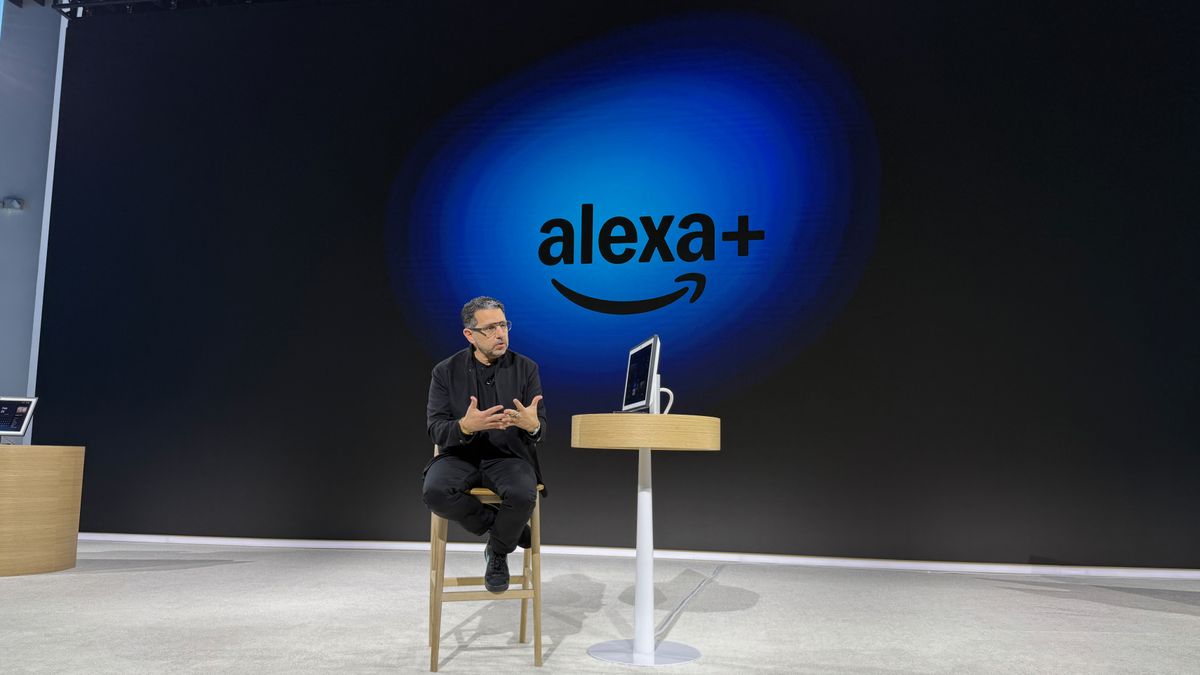New research from AV solutions and services provider Kinly found that nearly two-thirds (65%) of enterprises admit their office spaces are no longer optimized for hybrid working.
The disappointing reality of poor offices is met with the fact that a similar number (66%) have asked workers to return at least part-time.
The survey of more than 400 AV professionals across the UK, Germany, the Netherlands and the Nordics also revealed an equally poor state of hybrid working, with companies struggling to bridge the gap between office and at-home work.
Offices aren’t suitable anymore
The report highlights the challenges with hybrid working – around one in three (28%) enterprises identified the complexities of flexible and remote communication as a primary concern. Additionally, more than half of the respondents pointed out that poor hybrid flows (57%) and outdated AV technologies (58%) are hampering productivity.
In recognition that demands are evolving, Kinly found that enterprises are committed to investing in remote support/management (33%), unified communications and collaboration software (33%) and in-office hybrid meeting rooms (33%).
Kinly’s Head of Innovation, Simon Watson, commented: “Calling employees back to the office is not a solution to poor hybrid working practices.”
Watson added: “Effective hybrid working relies on having the right technology in place at home and in the office, and most importantly making sure all these technologies work together seamlessly to give employees the same experience no matter where they work.”
The report also quantifies the effects of a better hybrid environment on the workforce, with those that have undergone an AV transformation project in the past year reporting a 42% increase in productivity, a 42% increase in efficiency and a 37% increase in staff retention.
As working habits continue to evolve and digital experiences become more commonplace, it’s clear that companies need to invest time and money in ensuring that their office and hybrid systems continue to be suitable.





